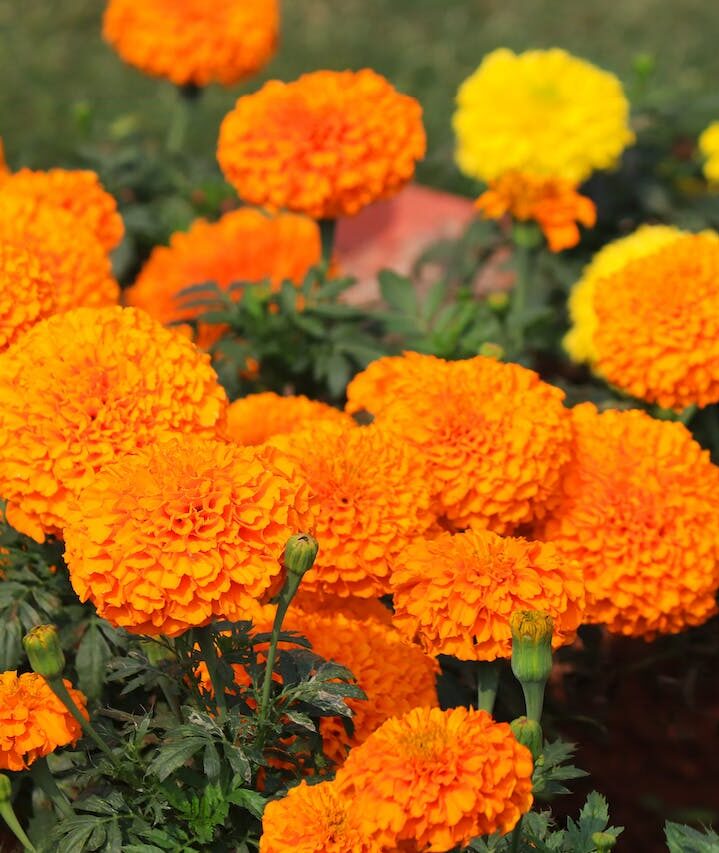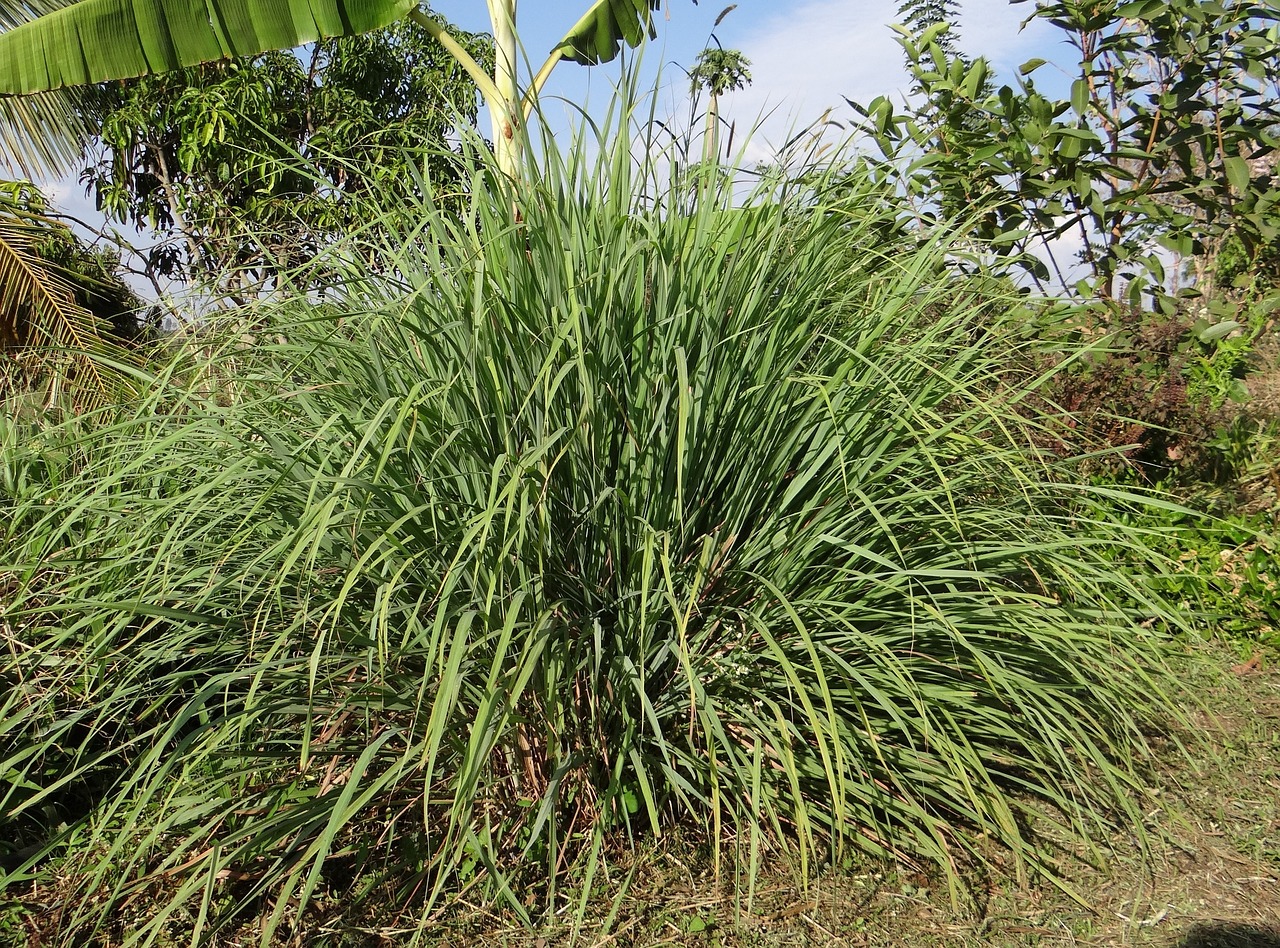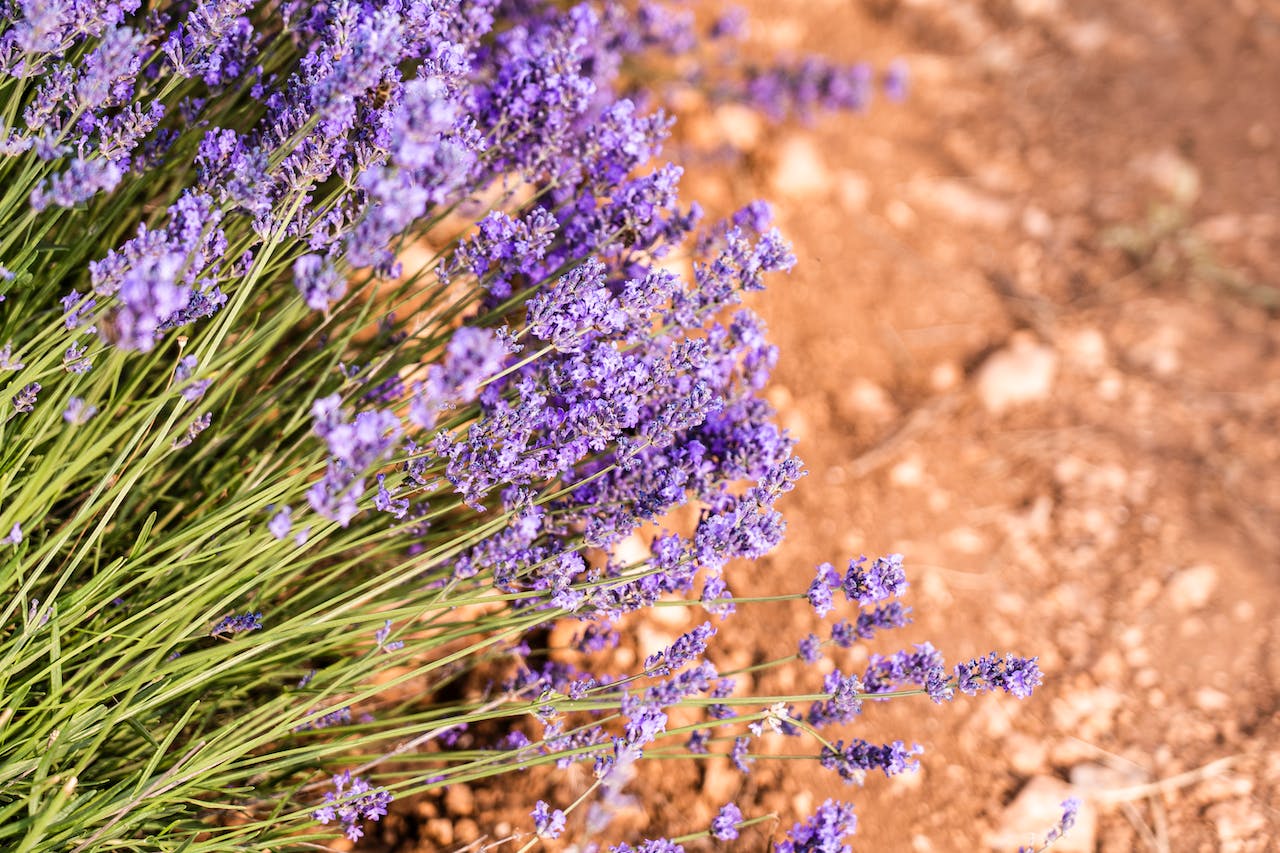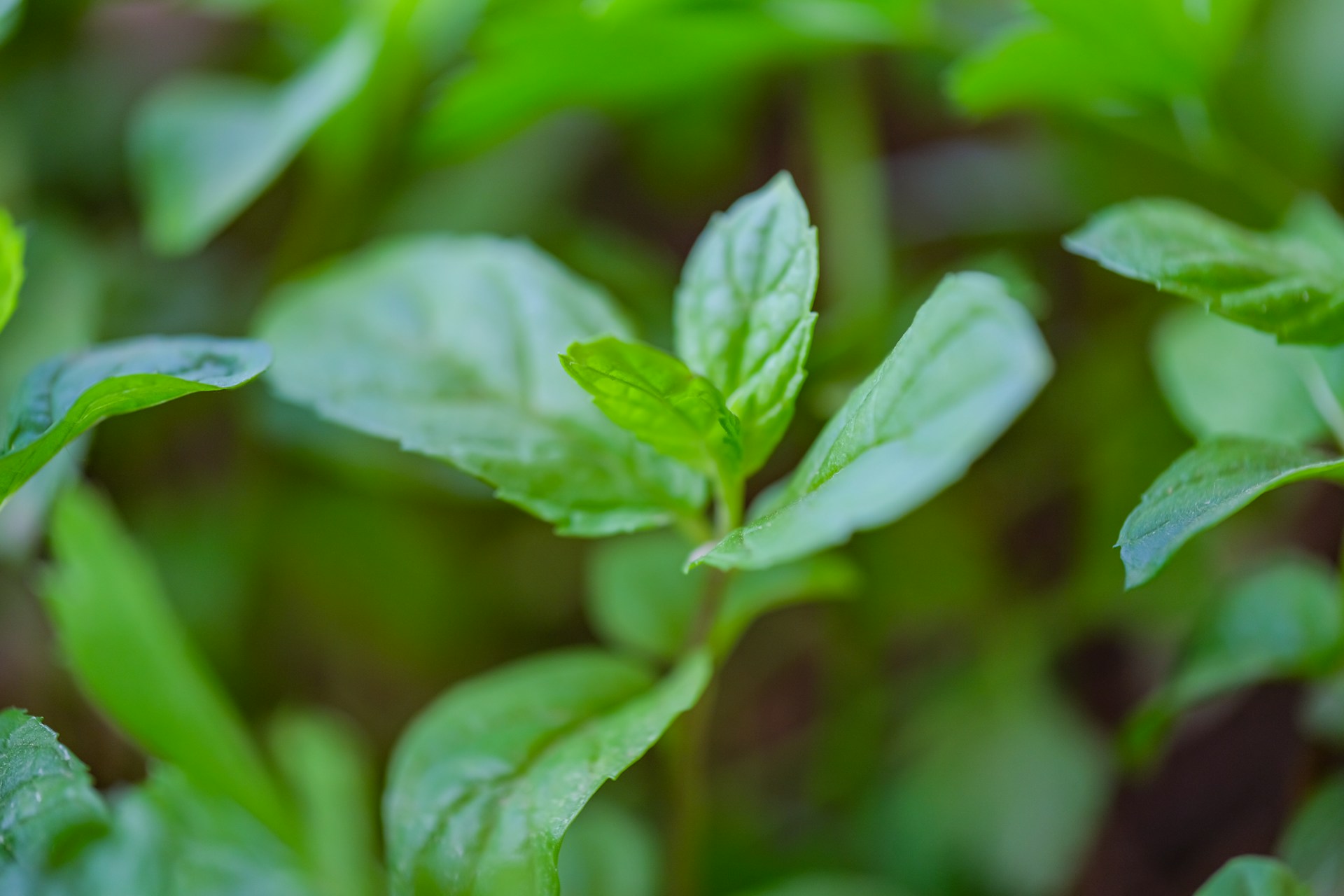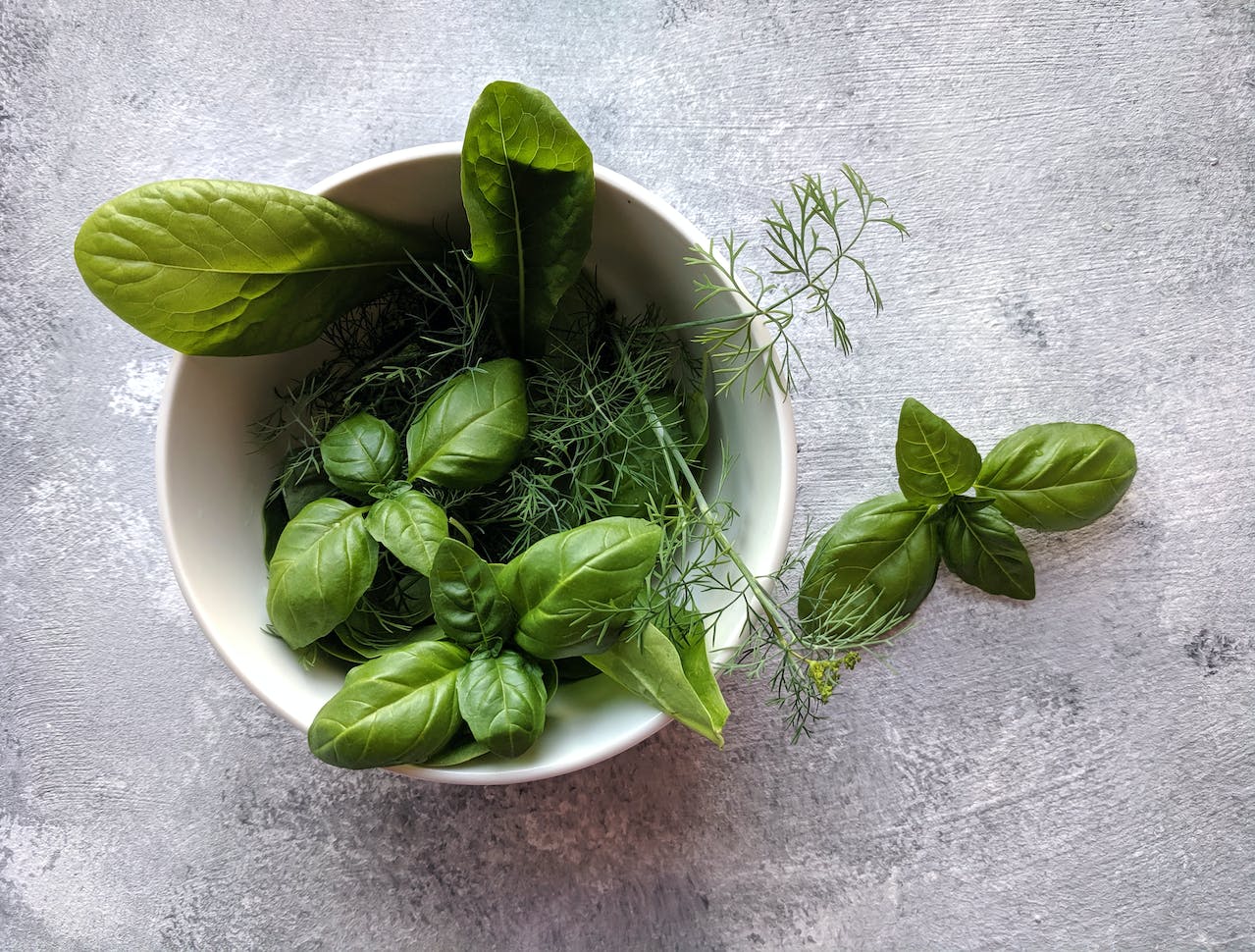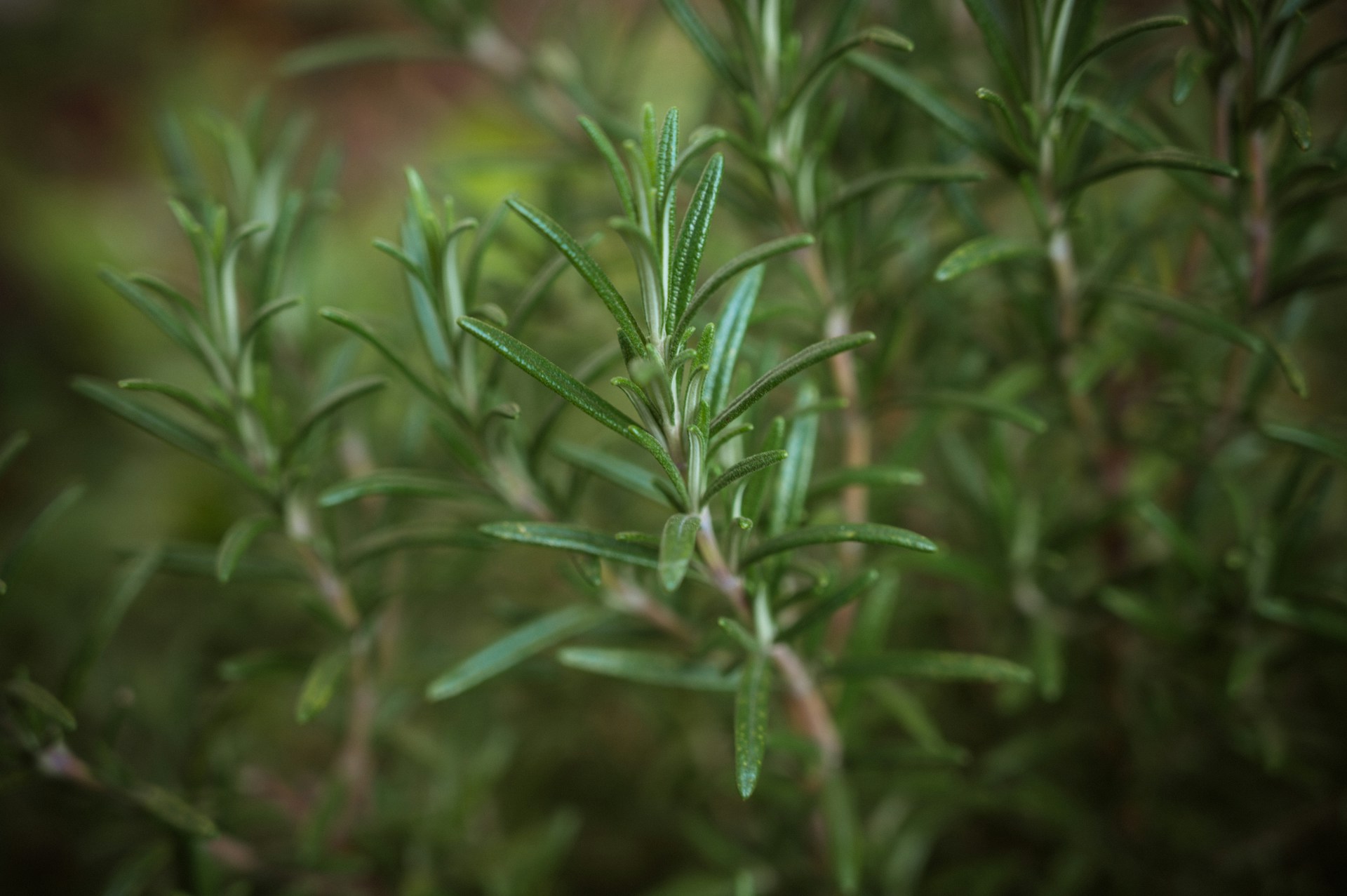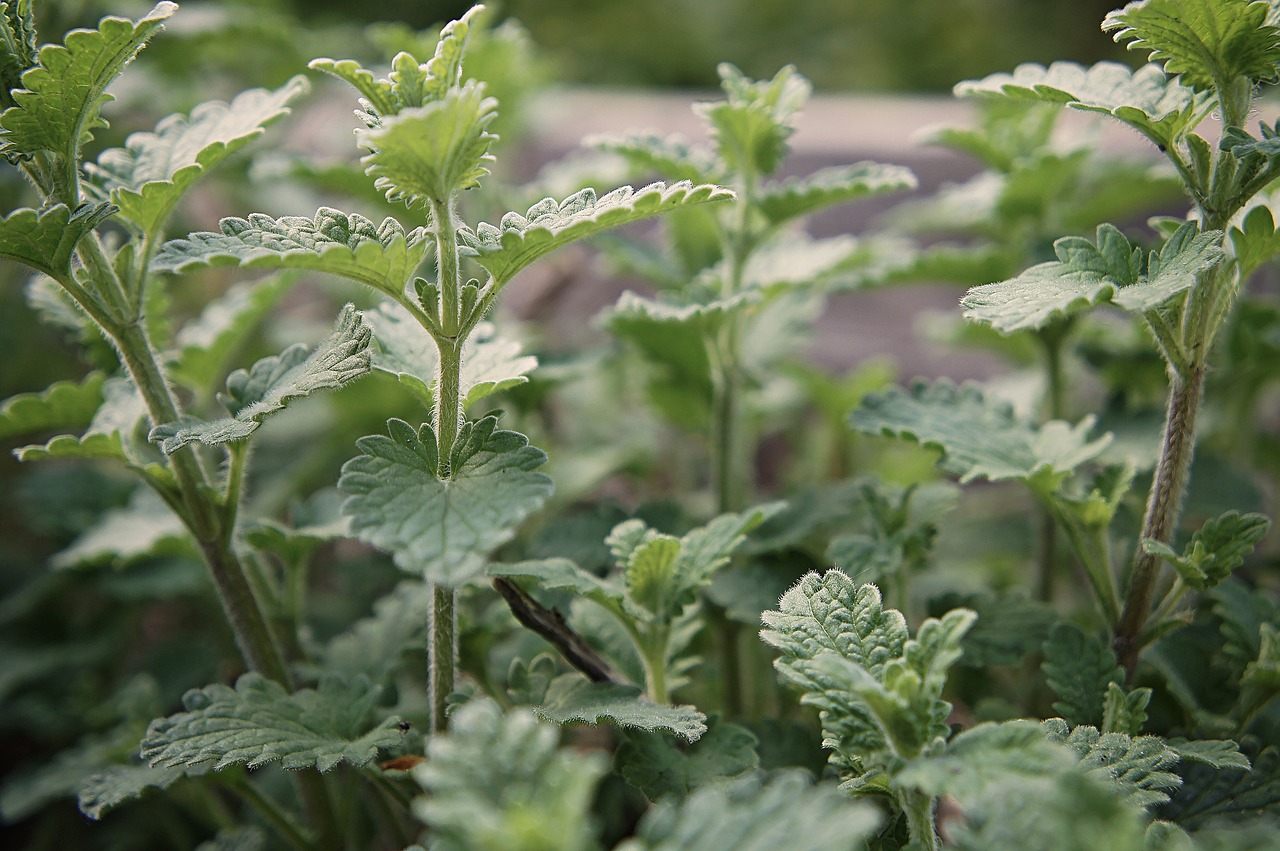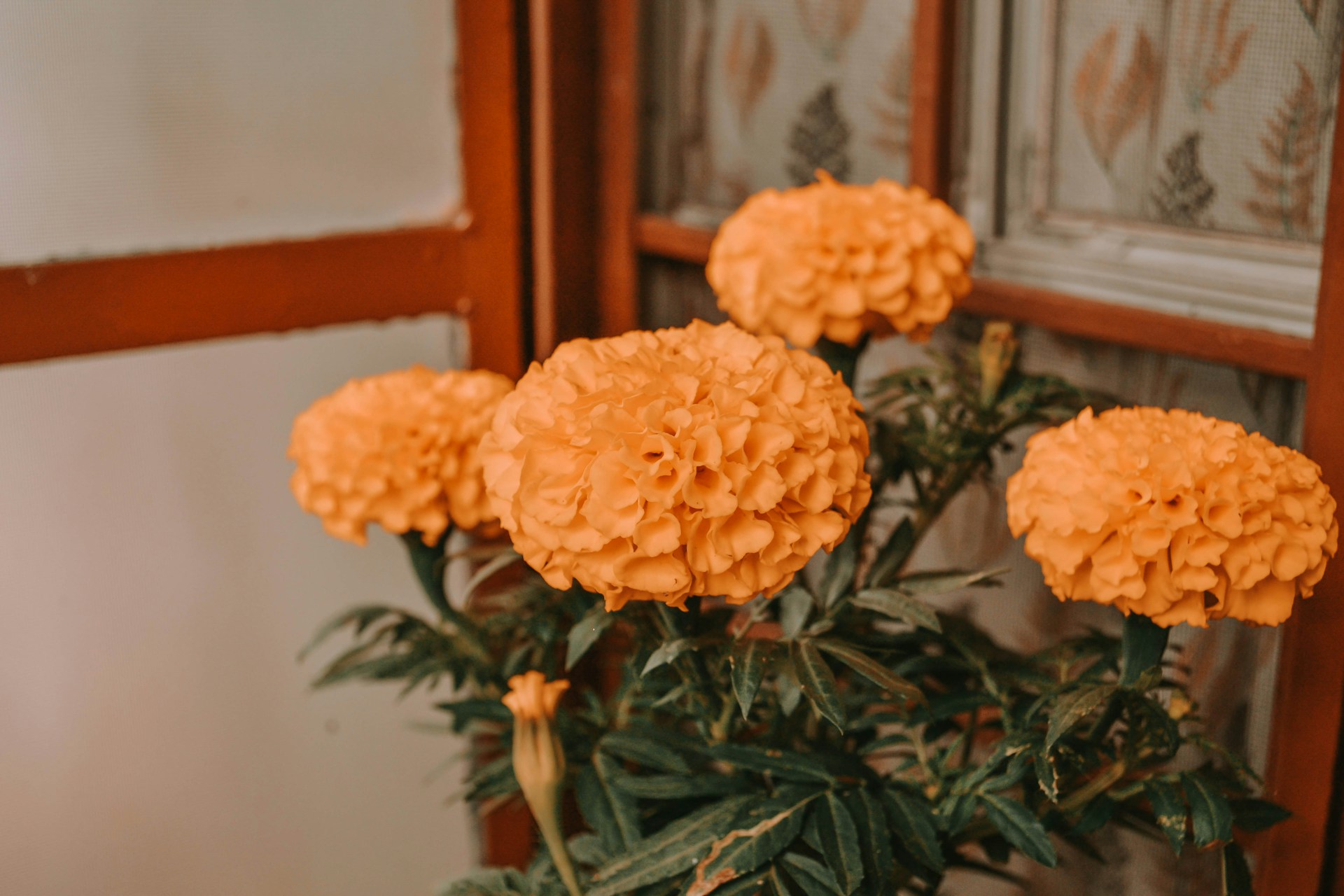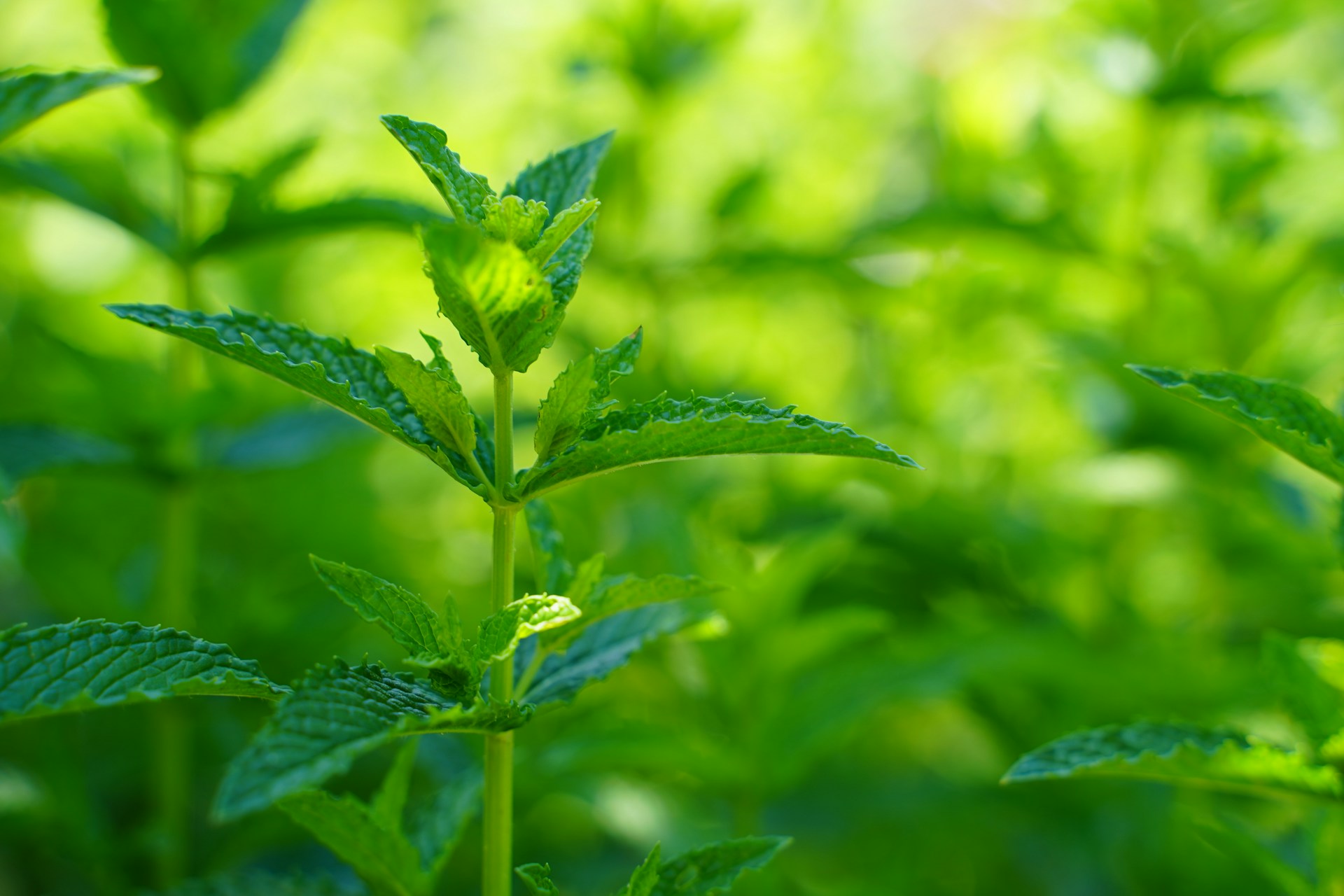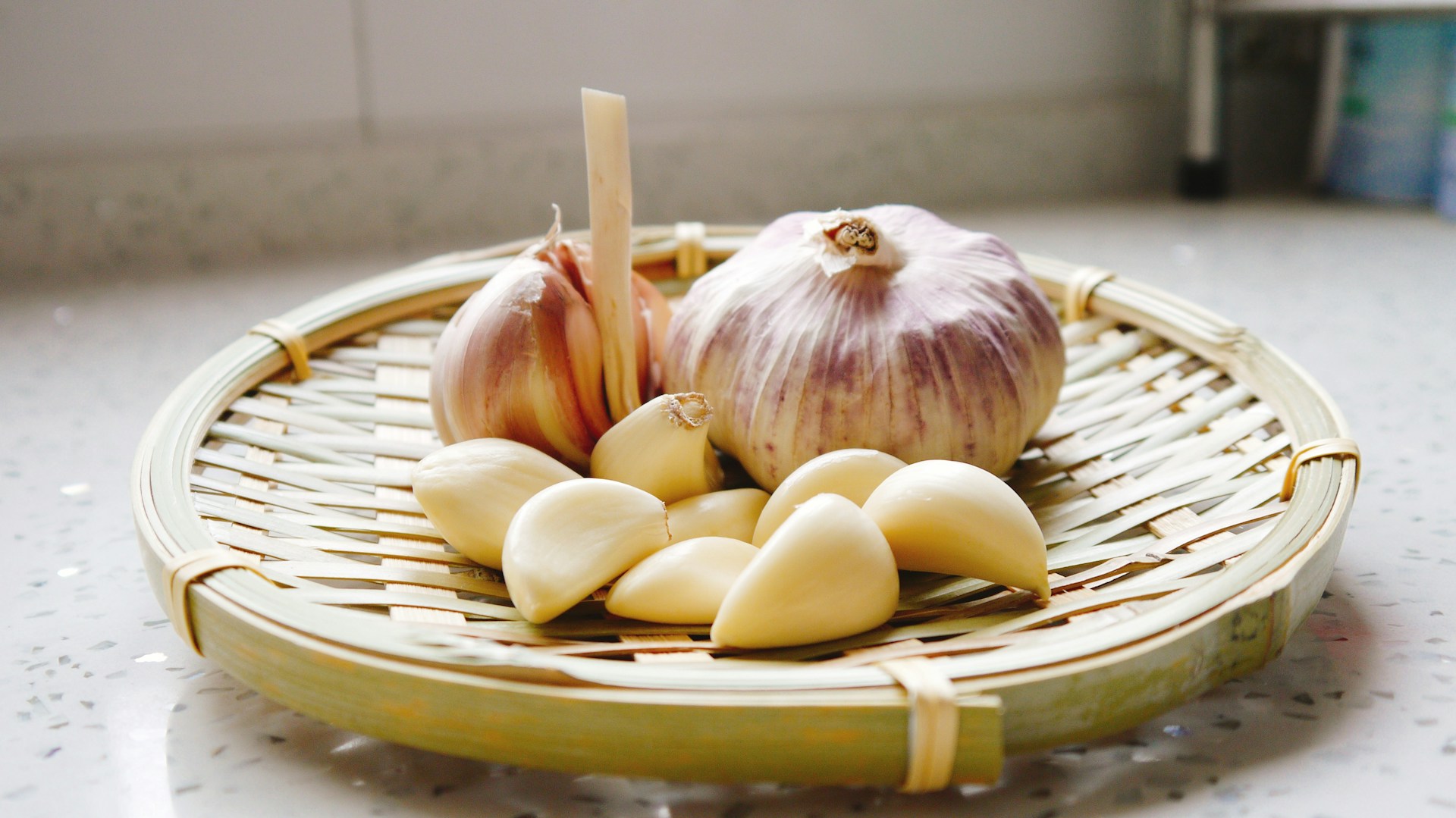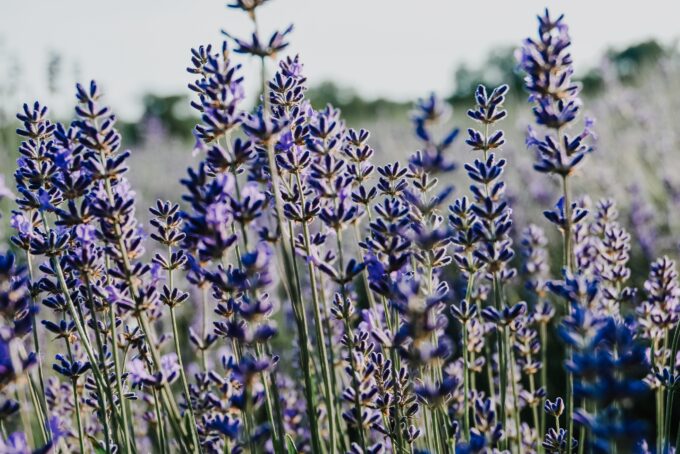Warm weather is so comforting after the winter months finally let up. However, every season has its downsides and one of spring and summer’s biggest is mosquitoes. You have probably already tried other options for mosquito repellents like bug spray, citronella candles/bands, mosquito nets and more. However, there are also some great natural ways to repel mosquitoes that are better for the environment. This includes mosquito repellent plants.
Mosquito repellent plants can be considered more environmentally friendly compared to some chemical-based mosquito repellents. This is so as the production, use, and disposal of chemical repellents can contribute to pollution and environmental harm. However, mosquito repellent plants’ effectiveness may vary, and they might not provide complete protection.
Pros of Mosquito Repellent Plants
- Natural and Non-Toxic: Most mosquito repellent plants work by emitting natural compounds or oils that mosquitoes find unpleasant. These substances are generally non-toxic to humans and pets.
- Sustainable: Growing mosquito repellent plants can be a sustainable and eco-friendly way to reduce mosquito presence without relying on synthetic chemicals.
- Biodiversity Support: Planting mosquito-repelling plants can contribute to a healthier garden ecosystem by attracting beneficial insects and supporting biodiversity.
- Aesthetic Appeal: Many mosquito repellent plants, such as lavender and rosemary, have pleasant fragrances and can enhance the aesthetics of your garden or outdoor space. This makes mosquito repellent plants a great option for those that do not want to compromise any of the appeal of their home or garden.
Cons of Mosquito Repellent Plants
- Limited Effectiveness: While these plants can help reduce mosquito activity, they may not offer complete protection, especially in areas with high mosquito populations.
- Variable Potency: The effectiveness of the repellent compounds in these plants can vary based on factors like plant health, environmental conditions, and individual reactions.
- Need for Crushed Leaves or Oils: In some cases, to extract the maximum benefit, you may need to crush the leaves of the plants or use their essential oils, which requires additional processing.
Naturally Mosquito Repellent Plants
Certain plants are known for their mosquito-repelling properties due to the presence of specific compounds or oils that mosquitoes find unpleasant. While these plants may help reduce mosquito activity, it’s important to note that they may not offer complete protection.
In general, the key is the release of volatile compounds from these plants, which interfere with the mosquito’s ability to detect and locate hosts. These compounds may also have properties that irritate or repel mosquitoes, making the area less attractive for them to inhabit.
Citronella
This is one of the most well-known mosquito repellent plants. Citronella grass (Cymbopogon nardus) contains citronella oil, which is commonly used in candles and sprays. Citronella grass contains citronella oil, which is rich in compounds such as citronellal and geraniol. These compounds disrupt the mosquito’s ability to locate hosts by masking the scents that attract mosquitoes.
Lavender
Apart from its pleasant fragrance, lavender (Lavandula angustifolia) is believed to repel mosquitoes. Planting it in your garden or using lavender oil can help as the strong, pleasant fragrance of lavender masks the attractants that mosquitoes use to find hosts, making the area less appealing to them.
Peppermint
Peppermint (Mentha × piperita) contains essential oil with a high concentration of menthol. The strong scent of peppermint can interfere with the mosquito’s ability to locate hosts by overwhelming their olfactory receptors. Planting it around your home or using peppermint oil can be effective.
Basil
Basil (Ocimum basilicum) contains essential oils with compounds like eugenol and citronellol. The compounds in basil can act as natural insect repellents, creating an environment that mosquitoes find inhospitable. Planting basil in pots or in your garden may help keep mosquitoes at bay.
Rosemary
Rosemary (Rosmarinus officinalis) is another herb with a strong scent that mosquitoes tend to avoid. The aromatic nature of rosemary may mask the scents that attract mosquitoes, making the area less appealing to them. It can be grown in pots or planted in your garden.
Catnip
Catnip (Nepeta cataria) contains a compound called nepetalactone, which has been found to be more effective than DEET in some studies. DEET, or N,N-Diethyl-meta-toluamide, is a common and effective chemical compound used as the active ingredient in many insect repellent products. Catnip is a member of the mint family.
Marigold
Marigolds (Tagetes spp.) contain pyrethrum, a natural insect repellent commonly used in mosquito repellent products. According to Garden Design, marigolds are also popular to plant next to fruit and vegetable gardens, specifically tomatoes, as the plants can repel other insects from the fruits and vegetables.
Chrysanthemum
Chrysanthemums (Chrysanthemum spp.) contain pyrethrin, a natural insect repellent that is often used in mosquito repellent sprays and creams. Similar to pyrethrum in marigolds, pyrethrin affects the nervous system of insects. It is often used in insecticides and mosquito repellent sprays.
Lemon Balm
Lemon balm (Melissa officinalis) is a member of the mint family and contains essential oils with compounds like citronellal and geraniol. Citronellal and geraniol are known for their mosquito-repelling properties. They interfere with the mosquito’s ability to locate and feed on hosts by masking the scents that attract them.
Garlic
While not a plant you can directly plant in your garden, consuming garlic may help repel mosquitoes from within your body. Garlic (Allium sativum) contains a sulfur-containing compound called allicin. When garlic is crushed, chopped, or consumed, allicin is released. Some believe that the scent of allicin, when excreted through the skin or breath, may act as a deterrent to mosquitoes. Allicin has antimicrobial properties and is known for its strong odor.
The effectiveness of garlic as a mosquito repellent can vary among individuals. Some people may experience a reduction in mosquito bites, while others may not notice a significant difference.
The effectiveness of all of these mosquito repellent plants may vary, and it’s often more effective to use a combination of methods, such as planting these plants, using their essential oils, and employing other mosquito control measures to create a stronger approach to mosquito prevention. However, it is a great option if you want to avoid the use of unnatural chemicals.
popular posts
- 1It’s Black Business Month, So Let’s Go Shopping and #BuyBlack!
- 2These Home Decor Items Will Instantly Make Your Space Look Outdated
- 3Black-Owned Home Decor Stores To Support Across the United States
- 4A Look Inside Elon Musk's Tiny $50,000 House
- 57 Black and Multicultural Designers To Follow For Design Inspo
Spaces
Whether it’s luxury or ease, every area of your home should be as fabulous and unique as you.
FOLLOW ALONG ON INSTAGRAM
#homeandtexture
Find us on social for more home inspiration where culture, personal style, and sophisticated shopping intersect to help you create a home where you love to live.
